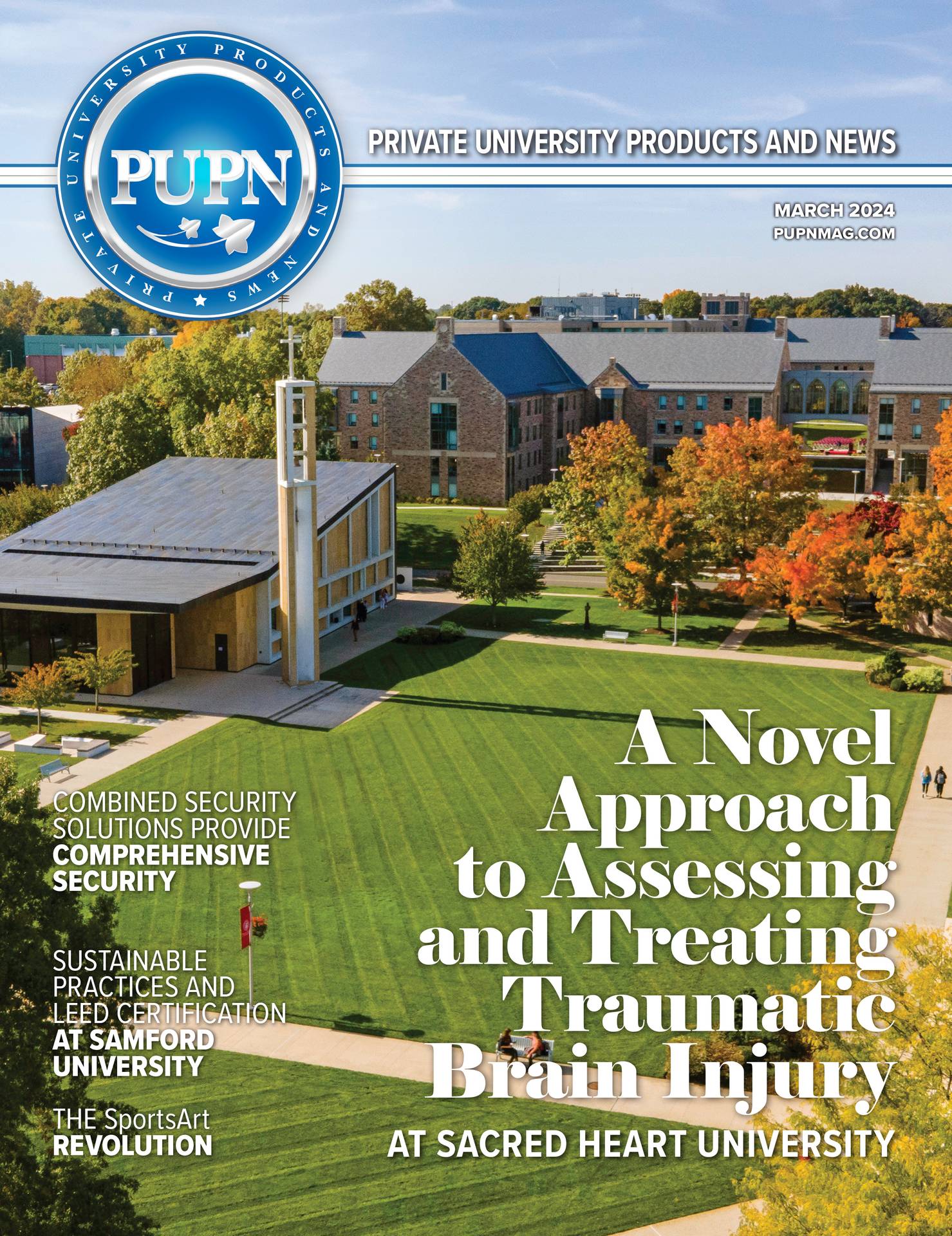He has served as assistant professor and Lockheed Martin faculty fellow at the University of Central Florida. In addition to co-authoring/co-editing four books on the theory and applications of analytics, he teaches courses in statistics and managerial decision analysis and has recently played a key role in developing a highly collaborative, cutting-edge workshop on Smart Cities and Autonomous or Connected Vehicles.
Morphing Theory and Application
An expert in big data analytics, data mining, optimization and operations management, Dr. Petros Xanthopoulos has published works in journals like Omega, Annals of Operations Research, Expert Xanthopoulos Systems with applications and IEEE Transaction of Information Technology in Biomedicine; his research has been funded by the Office of Naval Research and the Florida Department of Transportation.
While working on his doctorate at University of Florida, Gainesville, in 2010, Xanthopoulos first met Orestis P. Panagopoulos, who was working on his master’s degree. Dr. Panagopoulos, now an Assistant Professor in the Department of Computer Information Systems at Stanislaus, first knew Xanthopoulos as his teacher and advisor. He recalls he was a “gifted lecturer” with the ability to communicate “complicated ideas in a simple but impressive way.” Now, he knows his former mentor as a colleague, a master in developing “data-driven support systems” who can “morph theory and applications of big data to solve business problems.”
Panagopoulos adds that Xanthopoulos is highly intelligent and talented, in addition to being a “natural leader” who seems to particularly enjoy “leading collaborative endeavors.” He is able to break down the most complicated ideas for non-technical audiences. In their work together, which has resulted in multiple publications, they have worked toward models that will “help make predictions in an efficient and less costly way.”
Some seminars he has developed are just one example of the collaborative environment Xanthopoulos is constantly creating; he views seminars as a chance to bring big data practitioners together with government employees to start a dialogue where “learning can go both ways,” because Xanthopoulos believes education is “always a two-way process.”
Big Data and Smart Cities
Recently, Xanthopoulos partnered with Bob McQueen-another expert in big data who is highly experienced in advanced data collection techniques, real-time monitoring, and performance management systems. They developed a one-day workshop for Stetson University called “Analytics, Smart Cities, and Connected and Autonomous Vehicles,” a day that brings together multiple voices to discuss the ways technology can make our lives safer and more efficient, thus offering a better quality of life.
In the workshop, they explore data as the force driving technological developments that will be a critical part of creating smart cities of the future, with experts from a variety of fields weighing in. Speakers explore the current value of analytics and its potential value to the future of a society that is becoming more data-driven.
They discuss predictive analytics, helping participants understand the usefulness of different types of analyses such as clustering, classification, and regression. Moving into statistical data and analysis, they explain how to make choices from prescriptive analysis, in order to optimize decisions. In terms of big-picture items when considering a “sentient city concept,” they deconstruct the objectives that can be addressed by a smart city, the steps needed to implement a smart city and coordinate investment activities, and the opportunities and challenges associated with smart cities.
For Xanthopoulos, the overall goal is to develop services that will improve people’s lives via more connectivity and recognizing how the same tools can be deployed to understand and seek remedies for other problems, while acknowledging the implications-such as reduced privacy. In a “cost to benefit ratio,” he believes people are generally willing to share some of their data, in exchange for something that improves their lives in “some tangible way,” but he believes there must be some safeguards and limits on that sharing as well.
Smart City Transportation
For a substantial part of the workshop, they outline the role of connected or autonomous vehicles, looking at ways these vehicles are interacting with current city engineering, considering points when they are likely to impact traffic patterns, and discussing potential safety issues. Though they view autonomous and connected vehicles as an integral part of a smart city, to increase mobility and thereby potentially increase job opportunities, they do not shy away from the challenges associated with either the autonomous or connected vehicles.
Bob McQueen has devoted his career to Smart Cities, Connected Vehicles, IoTransportation, and Analytics of Things. In “Data as the Fuel for Next Generation Mobility,” McQueen explains that an essential element of the smart city will be “next generation mobility” in the sense that new technologies- along with new public and private sector activities-will move us toward autonomous and connected vehicles, movement analytics, and mobility, with advanced levels of mobility as a service that enhances lifestyles as well as financial well-being.
McQueen explains that for developers of smart cities to have a complete picture of supply and demand for transportation requires a precise picture of current conditions for transportation, adaptability, connectivity, and recognition of the status of transportation services needed to satisfy consumer demand.
Explaining that the phrase Smart Data Management is both an adjective and a verb, McQueen notes that the phrase implies action and solution. Effective Smart Data Management requires a carefully engineered framework that is designed for specific results-which calls for addressing a wide, flexible range of questions and obtaining data from traditional and nontraditional data sources.
In essence, rather than supporting data silos or a “cockpit” of tools for specific functions, the Smart Data Management system offers a “data lake” that provides information for applying advanced analytics in order to gain insight that leads to effective, efficient action. Though the system is focused on transportation for now, it will have the ability to grow and accommodate other elements of the smart city, including public safety and education. In order for any of that progress to happen, however, there must be people who serve to connect the academic side of big data to the businesses and communities that could benefit from the knowledge.
A Bridge Builder Who Knows Both Ends of the River
Any clients, McQueen explains, are “experts in what they want.” Though they may not know how to get to their goals, they are aware of what they need and what they hope to accomplish. He and Xanthopoulos “are experts in how to do it.”
In the last five years, there has been remarkable progress in data science, McQueen explains, but there must be practical applications that can be achieved by using that data. Data scientists, he notes, offer ideas that are “abstract and elegant” but do not necessarily lend themselves to practical applications. He believes his colleague is especially strong at building a bridge between data science and the issues that need solving, whatever the topic.
Xanthopoulos, McQueen adds, grasps the complicated, theoretical concepts and has the ability to deconstruct that information for business leaders in ways that prove useful; in short, he is familiar “with both ends of the river.”










